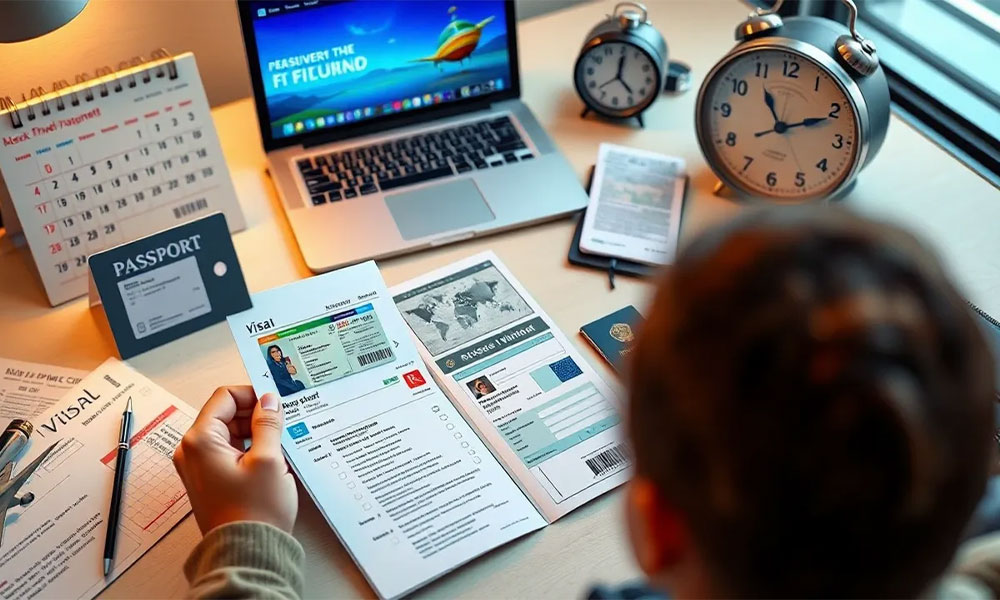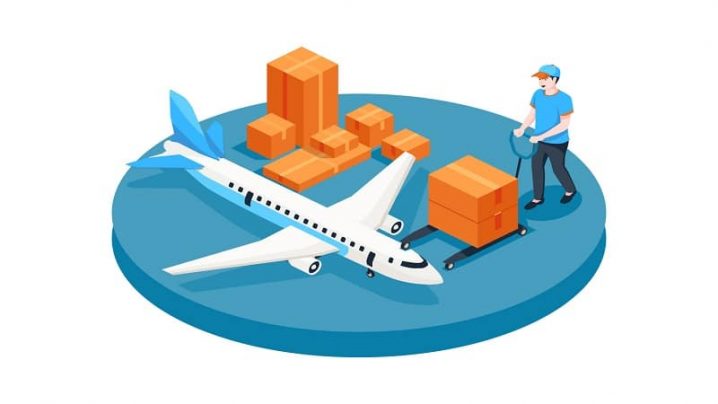Air Waybill Correction Process: How to Correct Air Waybill Details (CCA)
فهرست مطالب:
ToggleAir Waybill Correction is a process in which the details on an Air Waybill (AWB) are changed after it has been issued and the shipment is on its way to the destination. These corrections can include changes to recipient or sender details or other critical information listed in the AWB. Typically, the need for such corrections arises from changes in shipment details, addresses, or cargo specifications, and must be handled by the airline or the freight agency.
What Is the Purpose of Air Waybill Correction?
Air Waybill correction is used when, after the issuance of the AWB and dispatch of the shipment, discrepancies or required changes in shipment details are identified. Whether it’s the sender or the freight agency initiating the correction, it’s crucial to act promptly to avoid potential issues at the destination.
Air Waybill correction is done to rectify or update data that may have been incorrect or altered after the initial issuance. Reasons for correction include changes in the recipient’s name or address, updates to cargo specifications, or necessary customs adjustments for quicker clearance at the destination. Furthermore, corrections can be required to comply with international transport regulations and avoid transport-related issues.
Steps for Requesting an Air Waybill Correction
To request an Air Waybill correction, a formal process must be followed through the freight agency or airline’s registration system. Once the desired changes are recorded, the corrected AWB, along with the original AWB, should be sent to the airline. Depending on the type of changes, these amendments could involve adjustments in recipient or sender names, addresses, or customs details, aimed at simplifying the customs clearance process at the destination.
Key Conditions for Registering Air Waybill Correction Requests
When submitting an Air Waybill correction request, ensure the following:
- System Registration: Changes must be registered in the system and officially notified to the carrier or airline.
- Submitting the Corrected AWB: The corrected AWB, along with the original and a formal request letter, must be submitted to the airline.
For Mahan Air customers, a correction request can be made electronically through sending a formal letter and making a correction fee payment.
Information that Can Be Changed in an Air Waybill
The following details on the Air Waybill can be corrected:
- Recipient’s Name, Address, and Contact Information: This section may need to be corrected if the recipient’s contact details are incorrect.
- National Identification, KIMLIK Number, or Economic Code: For customers in Istanbul, the national ID or KIMLIK number may require updates, as well as the USCE Economic Code for routes like China.
- Customs Changes and Cargo Information: These changes include updating the HS code for customs at the destination or similar adjustments.
- Special Cargo Handling Notes: If specific instructions need to be added for particular cargo, this information can be included in the Air Waybill’s special handling section.
- Cargo Nature: If the nature of the cargo changes and it does not contradict the original Air Waybill conditions, this can be corrected.
Important Considerations for Air Waybill Corrections
- Irreversible Details: Key elements like cargo quantity, weight, rate calculations, primary cargo nature, and routing cannot be modified according to international regulations.
- Accurate and Compliance-Driven Corrections: Corrections should be made precisely and in accordance with international transport standards to prevent customs issues.
FAQs About Air Waybill
What Is an Air Waybill (AWB)?
An Air Waybill (AWB) is a shipping document that records the shipment of goods from origin to destination. Issued by the freight agency or airline, it includes tracking details for real-time shipment monitoring.
How Can an Air Waybill Be Obtained?
To get an Air Waybill, the shipper needs to complete the necessary paperwork through the airline or authorized freight forwarders. Airlines now offer e-AWB, an electronic version of the traditional Air Waybill.
Is the Air Waybill the Same as a Tracking Number?
While an Air Waybill includes tracking details, it is different from the tracking number used to track the real-time location of a shipment.
Is the Air Waybill Negotiable?
An Air Waybill is non-negotiable, meaning it does not transfer ownership of the goods and cannot be traded like a negotiable document (e.g., a bill of lading).
Is There an Electronic Air Waybill (e-AWB)?
Yes, e-AWB has become common, allowing for a more efficient and streamlined process in air freight shipments.
Can an e-AWB Be Used in Countries Without Electronic Signatures?
While e-AWB is globally accepted, its use in countries without electronic signature infrastructure may vary. Some regions may still require paper versions.
Who Issues the Air Waybill Correction?
An Air Waybill correction can be issued by various parties involved, including the freight agency, airline, or shipper, depending on the correction type needed.

